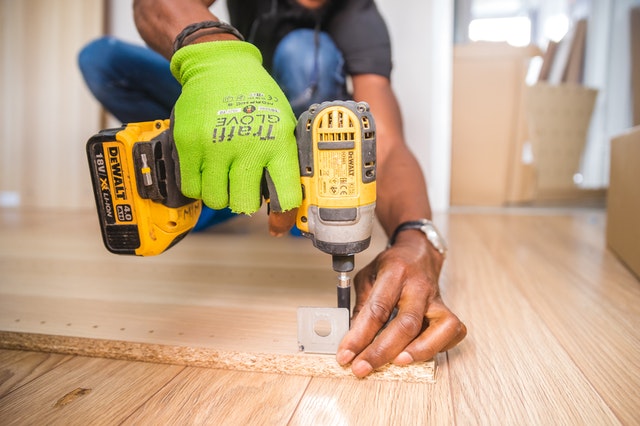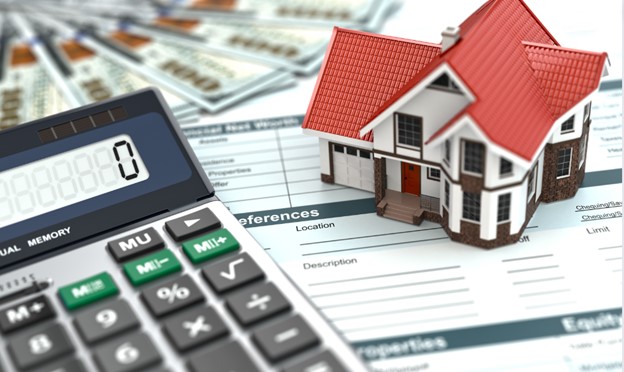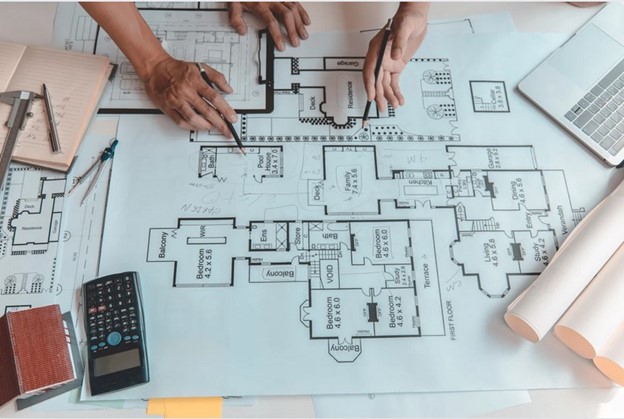
A home appraisal is an assessment of the value of a residential property conducted by a licensed appraiser. The purpose of a home appraisal is to provide an unbiased and objective estimate of the property’s worth based on factors such as its location, size, condition, and comparable sales in the area.
During a home appraisal, the appraiser will typically conduct a physical inspection of the property, taking note of its features, condition, and any upgrades or improvements that have been made. They will also research the local real estate market to identify recent sales of similar properties in the area, which can be used as comparable in determining the property’s value.
The resulting appraisal report will typically include a description of the property, an analysis of its value based on the appraiser’s findings, and an explanation of how the appraiser arrived at their valuation. Home appraisals are typically required by lenders when a borrower is applying for a mortgage, as they provide assurance that the property is worth the amount being borrowed.
When Do You Need To Get An Appraisal?
There are several situations in which you might need a home appraisal:
When buying or selling a home: If you are buying or selling a home, an appraisal can help you determine a fair price for the property. For sellers, an appraisal can help ensure that the asking price is reasonable and attractive to potential buyers. For buyers, an appraisal can help ensure that they are not overpaying for the property.
When refinancing a mortgage: If you are refinancing your mortgage, your lender will likely require an appraisal to determine the current value of the property. This will help the lender determine the loan-to-value ratio (LTV) and the amount of equity you have in the property.
When applying for a home equity loan or line of credit: If you are applying for a home equity loan or line of credit, your lender may require an appraisal to determine the current value of the property and the amount of equity you have.
When settling an estate: If you inherit a property or are involved in settling an estate, an appraisal can help determine the value of the property for tax or inheritance purposes.
When disputing property taxes: If you believe that your property taxes are too high, you may be able to dispute them by providing evidence of a lower property value through an appraisal.
Overall, a home appraisal can be useful in any situation where the value of a property needs to be determined.
 When it comes to home improvements, you might envision lengthy renovation projects or a significant investment of time and money. Not all home improvements have to be big projects. There are many quick and simple changes you can make to transform your space without breaking the bank or disrupting your daily routine.
When it comes to home improvements, you might envision lengthy renovation projects or a significant investment of time and money. Not all home improvements have to be big projects. There are many quick and simple changes you can make to transform your space without breaking the bank or disrupting your daily routine.

 A home warranty is a type of service contract that provides coverage for repairs or replacements of major systems and appliances in a home. It typically covers items such as heating and cooling systems, electrical systems, plumbing, water heaters, and kitchen appliances.
A home warranty is a type of service contract that provides coverage for repairs or replacements of major systems and appliances in a home. It typically covers items such as heating and cooling systems, electrical systems, plumbing, water heaters, and kitchen appliances. Calculating mortgage payments involves several variables, including the loan amount, the interest rate, and the loan term. Here are the steps to calculate mortgage payments:
Calculating mortgage payments involves several variables, including the loan amount, the interest rate, and the loan term. Here are the steps to calculate mortgage payments: Making the decision to build a home might be one of the biggest you make in your life. You’ve found the perfect plot of land and have a vision of what type of home you want, but you need someone to bring your dream to life.
Making the decision to build a home might be one of the biggest you make in your life. You’ve found the perfect plot of land and have a vision of what type of home you want, but you need someone to bring your dream to life. Moving to a new home can be a stressful time for both you and your dog. Dogs are creatures of habit, and a new environment can be overwhelming for them. However, with the right approach, you can help your dog adjust to their new home smoothly.
Moving to a new home can be a stressful time for both you and your dog. Dogs are creatures of habit, and a new environment can be overwhelming for them. However, with the right approach, you can help your dog adjust to their new home smoothly. Inflation can erode the value of your savings over time, and one way to hedge against inflation is by investing in assets that appreciate in value over time. Real estate is often considered a good hedge against inflation, as property values tend to rise in line with inflation.
Inflation can erode the value of your savings over time, and one way to hedge against inflation is by investing in assets that appreciate in value over time. Real estate is often considered a good hedge against inflation, as property values tend to rise in line with inflation.